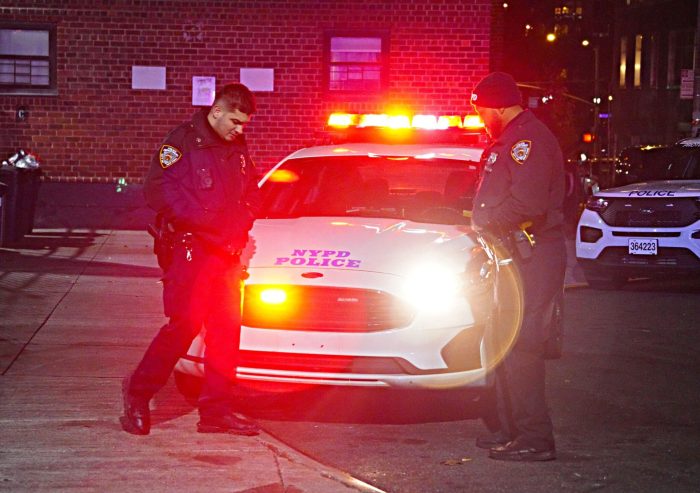Council has finally passed a long-awaited bill to curb illegal home conversions where landlords dice up buildings and cram tenants into dangerous living conditions — a practice that plagues Southern Brooklyn.
The legislation slaps violators with hefty fines and is a big win for protecting vulnerable, low-income renters from greedy landlords, said the lead pol behind the bill.
“Substandard housing is not affordable housing,” said Councilman Vincent Gentile (D–Bay Ridge), whose district of Dyker Heights, Bensonhurst, and Bay Ridge are hit particularly hard by the trend. “Seeking to maximize profit at the expense of tenant safety will no longer be permissible by the City of New York once this bill is signed into law.”
Illegal conversions pack tenants into unsafe living conditions — 31 tenants were vacated from a two-family Dyker Heights home last August — contribute to school overcrowding, and ruin neighborhood character, charge activists and pols.
The bill imposes a $15,000 fine for landlords who subdivide three or more units above a building’s certificate of occupancy and allows the city to put a lien on properties when landlords fail to pay the penalties. And the city can sell the lien if it remains unpaid for more than a year.
But the bill lacks provisions to protect those displaced by city-issued vacate orders, critics argue, and could have the unintended consequence of pushing residents — many of whom are low-income immigrants — out onto the street.
“That’s our major concern,” said Warren Chen, director of the Asian Community United Society, who initially opposed the bill but backed it after meeting with Gentile. “It’s definitely a positive first step. Unfortunately, he’s not able to put the fines toward helping relocate people. But he said he’s going to work on that, so we hope he sticks to his word.”
The bill initially included a safety net that would have directed fines collected into a fund for displaced families, but lawmakers scrapped the provision because the Council does not have the power to designate such a fund.
Instead, the measure would require a written agreement between Council and the mayor. Council would have to re-sign the agreement with each new mayor. Alternatively, the Department of Buildings could create its own rules diverting fines into a displacement fund, according to Gentile.






















